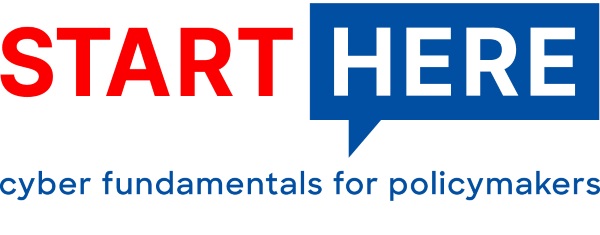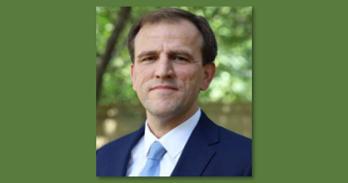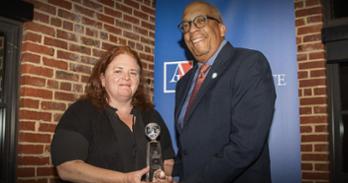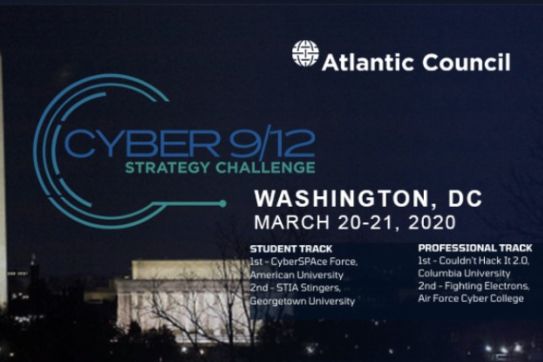This practicum will focus on developing students' knowledge of the roles and responsibilities of various key stakeholders in responding to a serious cybersecurity incident. Students will learn how the U.S. government approaches cyber incidents from a legal, policy, and operational perspective, and how industry, the media, and partner nations must balance the challenges around a quickly unfolding cyber incident with incomplete information. Students will conduct a hands-on simulation of a National Security Council meeting, and role-play media companies, industry groups, and other affected organizations utilizing the policy analysis skills developed throughout this course. As part of the exercise, students will provide policy options to cabinet officials and advocate for particular actions. Following the simulation, students will have the opportunity to brief senior U.S. government officials in key cybersecurity agencies, as well as other cybersecurity experts. Students will gain a practical ability to prepare an incident response plan and develop concise, actionable written and oral policy options.
Instructors:
Iranga Kahangama, Director for Cyber Policy, National Security Council
Jonah Hill, Cyber Security Strategist, U.S. Secret Service
"Cyber policy is a dynamic and quickly-evolving area of U.S. national security policymaking. We're excited to share our experiences with the AU community and to offer a practicum that allows students to understand the challenges and options for responding to a cyber incident at a national level." - Jonah Hill, Instructor
"I’m looking forward to helping develop a strong talent pipeline for public service in the cyber policy sphere” - Iranga Kahangama, Instructor







